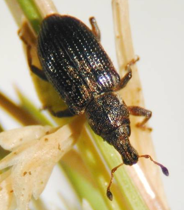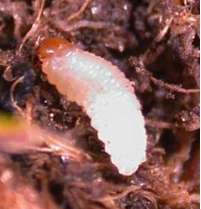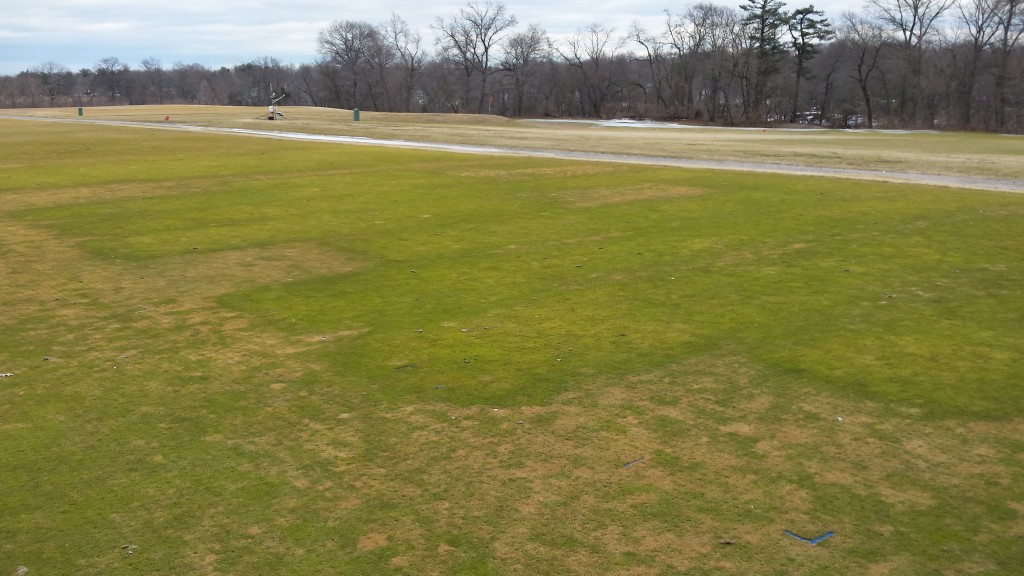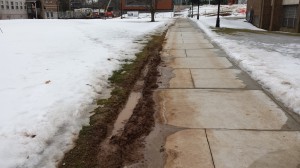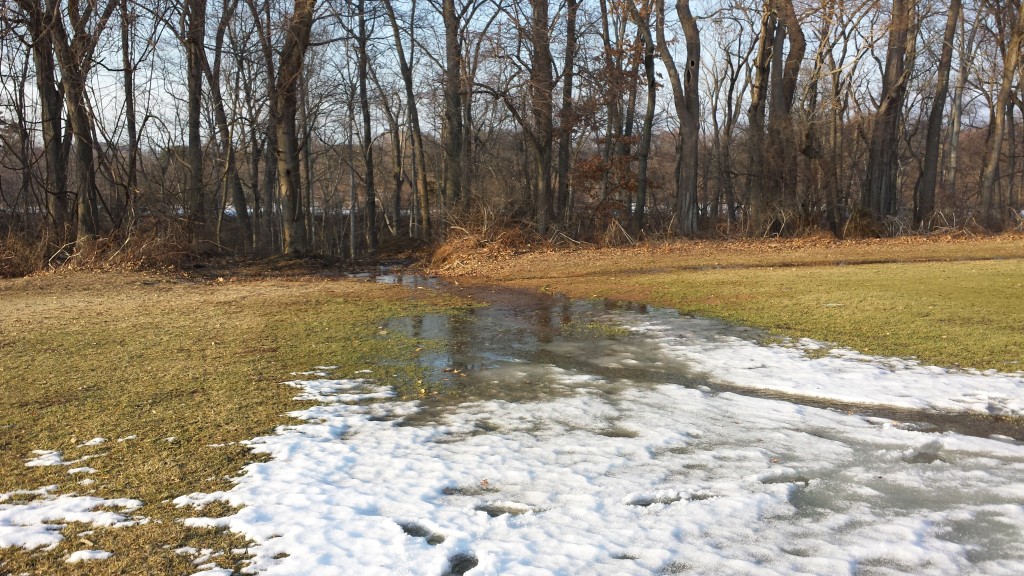Other than today and yesterday, soil temperatures in New Brunswick have been reaching into the lower 50s°F during the last week or so. And you see the effects, some plants are finally awakening from winter slumber. Cool-season turfgrasses are slowly greening up. Tree buds are swelling, some are flowering. Forsythia is just starting to bloom. And prostrate knotweed, one of the earliest germinating summer annual weeds, is emerging.
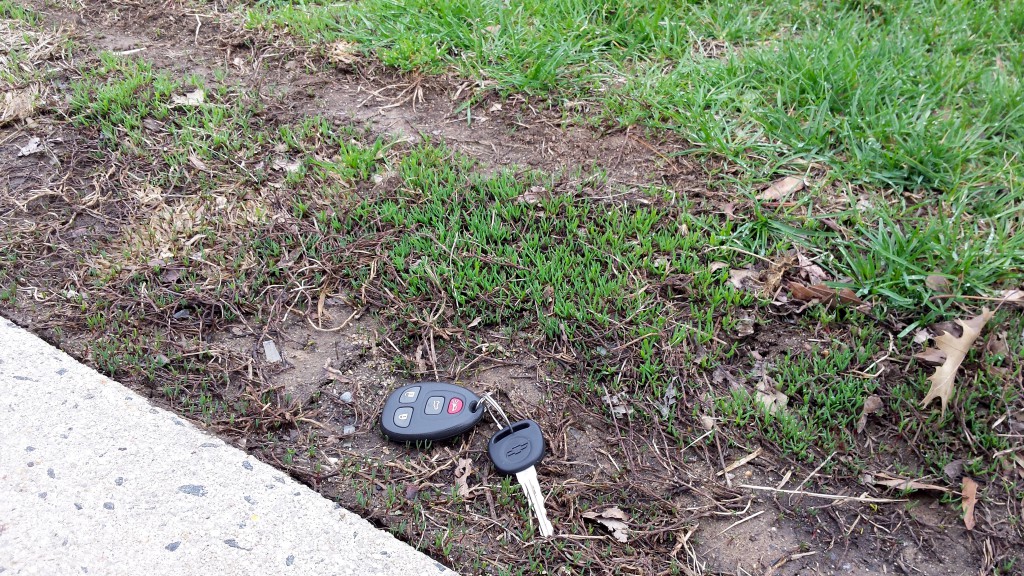
Some confuse the slender plants emerging along sidewalk edges at this time of year with grass but it is actually prostrate knotweed.
[Read more…]

